3 min read
Volunteers Providing Welcome
UGM’s volunteer case managers stand on the frontlines of ministry, offering listening ears and wise counsel to men and women in crisis.
2 min read
Phil Altmeyer, Executive Director
:
Sep 11, 2017 11:59:41 AM
Editor's Note: This column was originally published in The Spokesman-Review on September 10, 2017.
An abbreviated version of this quote by author Thomas Merton has been popping up on my Facebook feed: “Our job is to love others without stopping to inquire whether or not they are worthy. That is not our business and, in fact, it is nobody’s business. What we are asked to do is to love, and this love itself will render both ourselves and our neighbors worthy.”
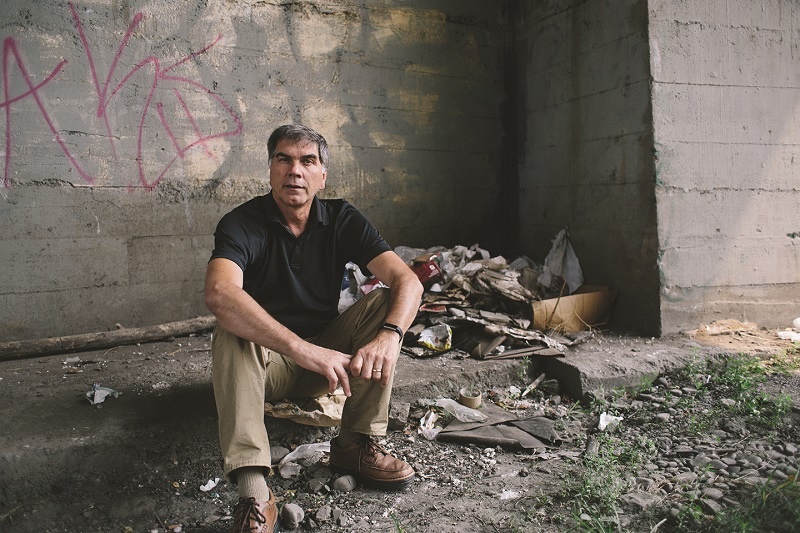
The point is legitimate. There is no need for me to stop and ask myself if the panhandler on the street corner or the addict under the bridge deserves my love. He does. She does. Every human being is worthy of our love because every single one is created in the image of God.
The second-greatest commandment for Christians, after loving God with all our hearts and minds, is to love our neighbor as ourselves. Jesus’ parable of the good Samaritan makes it clear that “our neighbor” includes the men and women in need who happen to cross our path. No, we needn’t ask ourselves whether the person on the street is worthy of our love.
In 31 years of ministry to the poor and homeless of our city, however, I’ve discovered a question that does need to be asked before I take action toward another: What does it mean to be loving?
The way we answer that question drives our actions.
Some social service organizations define loving their homeless neighbors as providing those neighbors with everything they need to survive on the streets. I respectfully challenge that definition and offer an alternative: To love our homeless neighbors means to call them out of homelessness into safe shelter where their personal dignity can be affirmed, where they can sit down at a table and eat with fellow humans, where they can begin to turn their lives in a new direction.
Loving our homeless neighbors means providing the resources they need to deal with the underlying causes of their homelessness – addiction, abuse, mental illness, unemployment, family breakdown – while also holding them to a standard of personal responsibility and assuring them they have a contribution to make to the community.
To determine what is truly loving, we as a community must ask ourselves some hard questions: What does this person need – not just in the moment but long-term? Is it possible that my actions, which seem to have short-term benefits, are actually keeping this person stuck? Am I taking this action to make myself feel better, or am I taking this action to improve this person’s situation? If this person had an apartment, would his problems disappear? What resources are available in the community to address this person’s needs and how can I connect her to those?
Twelve years after the city of Spokane and Spokane County adopted the “Spokane Regional 10-Year Plan to End Homelessness,” homelessness remains a pressing concern. Currently, if you drive along Third Avenue downtown, you’ll find a homeless camp covering several blocks. A portable toilet has been set up, but otherwise, the conditions are abysmal. No running water. No shelter. Every blanket, every pillow, every person is covered with dirt.
According to an April 11 news story on KHQ, Spokane Code Enforcement cleans up one to two homeless camps each week, often the same ones multiple times.
It’s time for all of us to ask ourselves if what we’re doing is working. And, if not, what do we need to change?
Spokane is a giving community. The problem is not a lack of compassion or generosity. On the contrary, the public’s generosity mandates accountability on the part of the agencies they’ve entrusted to come up with viable methods and solutions. Are we moving in the direction of Seattle or Portland, with extensive homeless camps in their downtown areas, or are we addressing the needs of disenfranchised individuals in a way that reduces the number of people living on the streets?
Loving our homeless neighbors is a great start, but before we act on our compassion, we must consider the end goal. Is it to make life under the overpass more comfortable? Or is it to end homelessness?
Our homeless neighbors are indeed worthy of our love – a love that believes in them, encourages them and offers them a pathway to a better life.
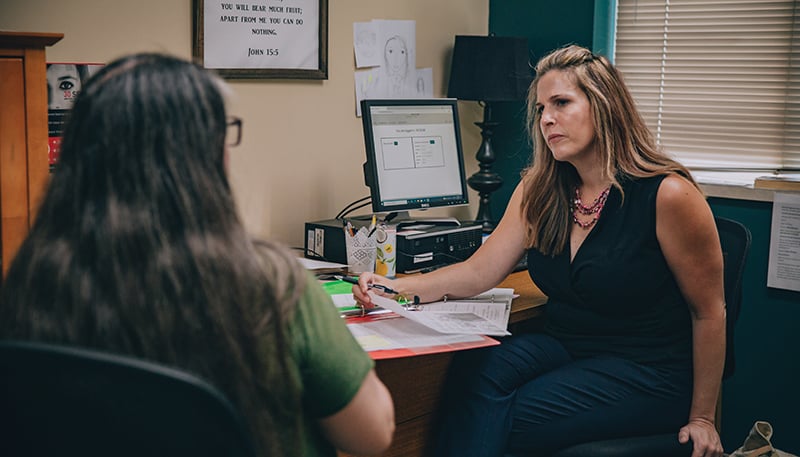
3 min read
UGM’s volunteer case managers stand on the frontlines of ministry, offering listening ears and wise counsel to men and women in crisis.
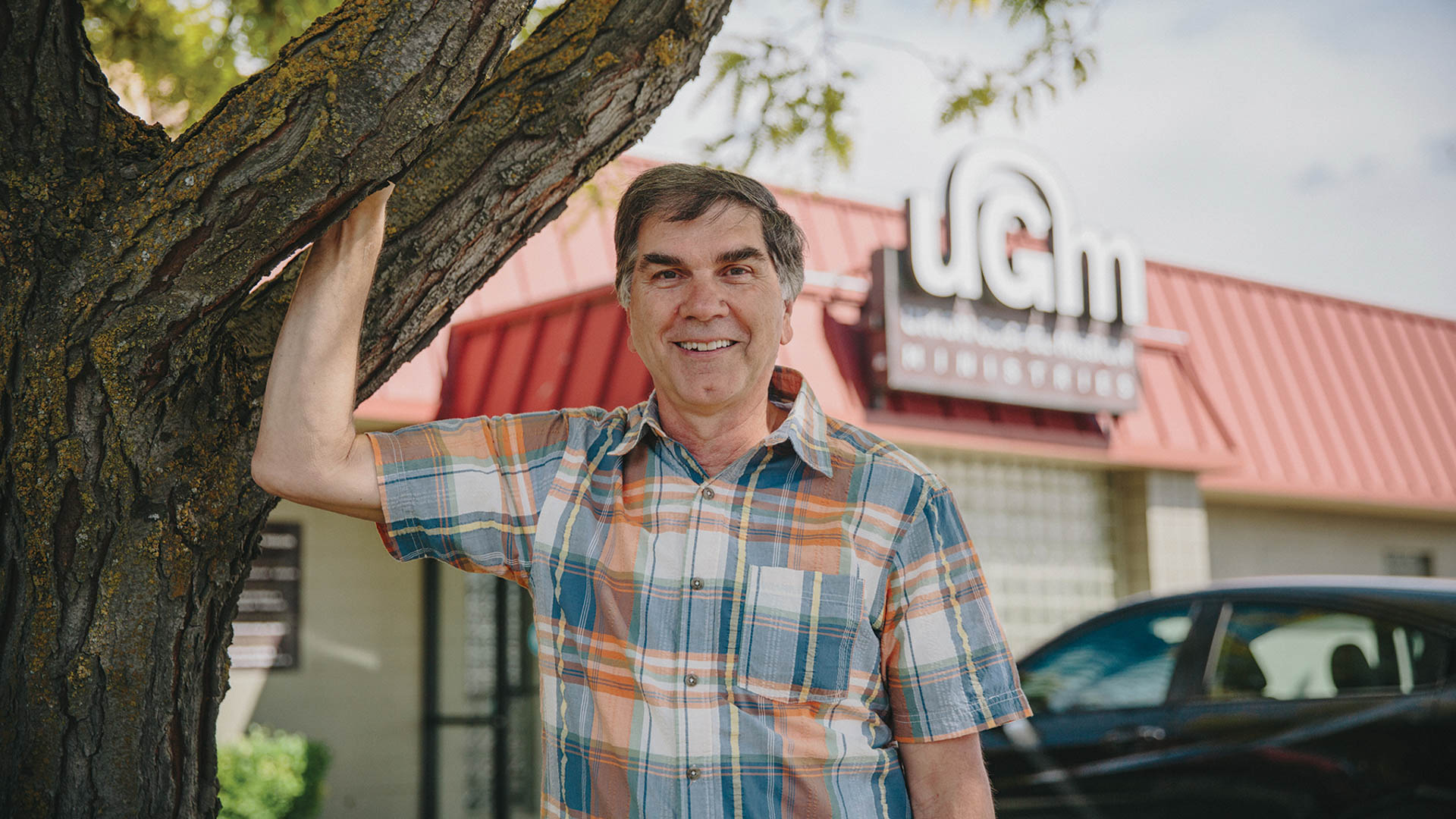
2 min read
We are a forgetful people. We forget how broken the world is in which we live. We forget how much we are loved by a good God. We forget the sinister...
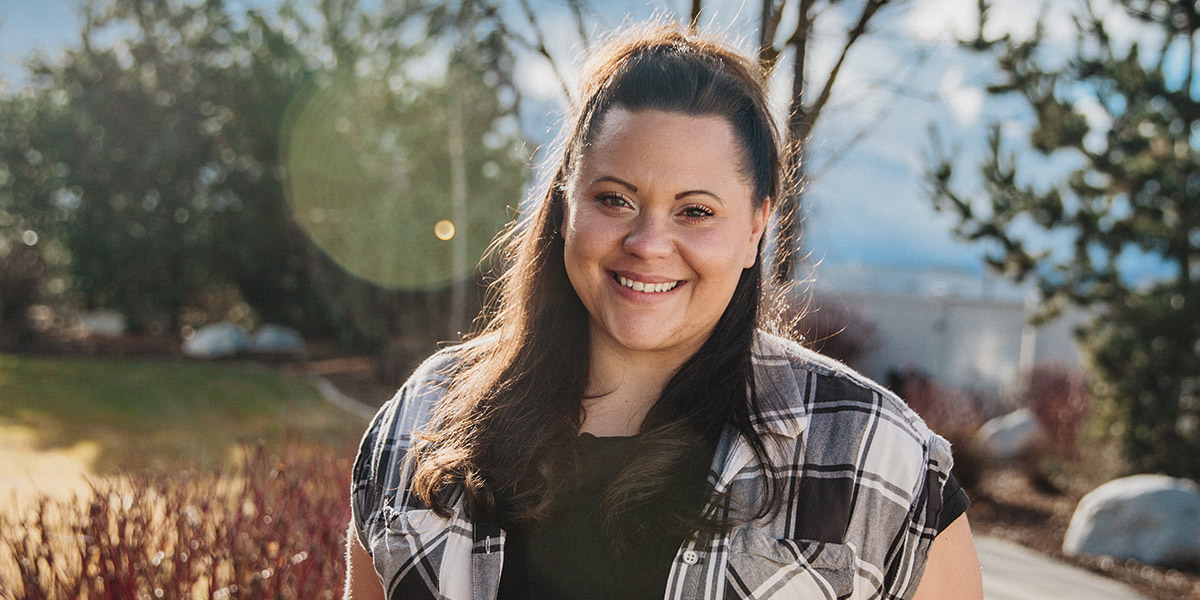
2 min read
Our hope is built on nothing less than Jesus’ blood and righteousness. “The Lord your God is in your midst. A mighty one who will save.” (Zeph. 3:17)...
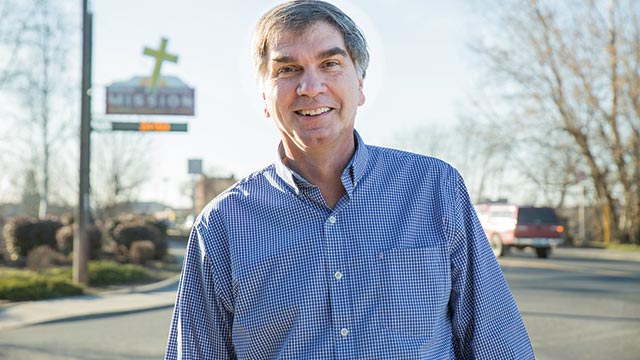
“The best social program is a job.”

As I reflect back on 2018, my overwhelming reaction is one of gratitude: gratitude for God’s faithfulness, your partnership, the lost who have come...
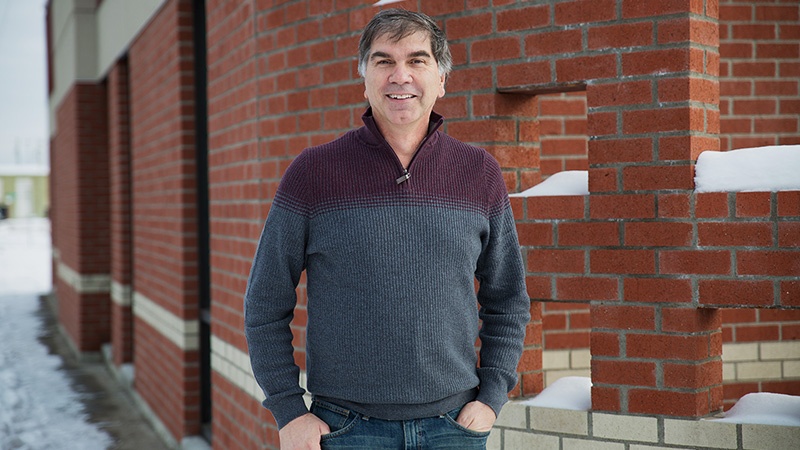
1 min read
“The people who walked in darkness have seen a great light.” – Isaiah 9:2 Generally, I'm an optimist. I see what is possible. I dream and make big...